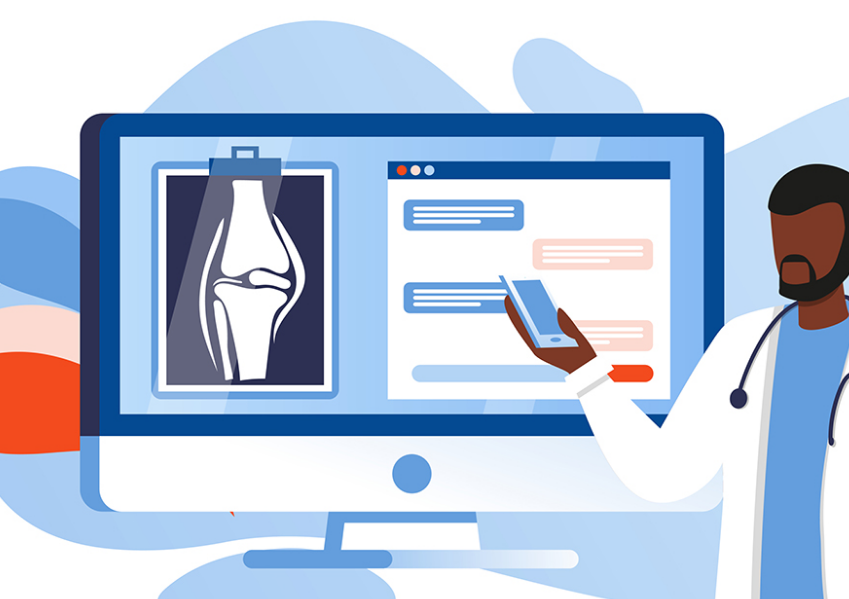Introduction :
In the age of digital innovation, the concept of Personal Health Records (PHRs) has emerged as a powerful tool for individuals to take control of their healthcare journey. A PHR is an electronic record that contains an individual’s medical history, health-related information, and vital records. It provides a comprehensive and centralized platform for storing, managing, and sharing health data securely. This article explores the significance of PHRs in empowering individuals to actively participate in their own healthcare, enhance communication with healthcare providers, and ultimately achieve better health outcomes.
Section 1: The Value of Personal Health Records :
Personal Health Records offer several benefits that contribute to improved healthcare management. Firstly, PHRs provide individuals with convenient access to their medical information, eliminating the need to rely on memory or search through physical documents. By consolidating records such as medications, allergies, immunizations, lab results, and diagnoses, PHRs enable a holistic view of one’s health, facilitating better decision-making.
Secondly, PHRs empower patients to actively engage in their own healthcare. With a PHR, individuals can track and monitor their health parameters, such as blood pressure, blood sugar levels, or weight, through integrated devices or manual inputs. This self-monitoring promotes awareness and enables individuals to make lifestyle adjustments or seek timely medical intervention when necessary.
Section 2: Enhanced Communication and Coordination :
A key advantage of PHRs is the improved communication and coordination they facilitate between patients and healthcare providers. Traditional paper-based records often suffer from data gaps or inaccuracies, leading to inefficiencies and potential errors in healthcare delivery. However, with PHRs, individuals can provide accurate and comprehensive information to their healthcare providers, enabling more informed diagnoses, treatment plans, and medication management.
Furthermore, PHRs foster better collaboration among healthcare teams. By granting access to authorized providers, PHRs promote seamless sharing of health information across various specialists, eliminating redundant tests, minimizing medical errors, and streamlining care coordination. This interconnected approach enhances the quality and efficiency of healthcare delivery, benefiting patients and providers alike.
Section 3: Privacy and Security Considerations :
Privacy and security are critical aspects of PHRs. As individuals entrust their personal health information to digital platforms, robust security measures must be in place to safeguard data. Encryption, authentication protocols, and stringent access controls ensure that only authorized individuals can access and modify the records. Moreover, adherence to data protection regulations and privacy laws further fortify the security of PHRs.
It is essential for individuals to carefully select reputable PHR providers who prioritize privacy and employ industry best practices. Reading user agreements, understanding data sharing policies, and exercising control over sharing preferences empower individuals to maintain control over their sensitive health information.
Conclusion :
Personal Health Records hold immense potential in transforming healthcare by placing individuals at the center of their own health management. Through easy access to comprehensive health information, active participation in decision-making, and enhanced communication with healthcare providers, individuals can drive better health outcomes. However, the successful implementation and adoption of PHRs rely on addressing privacy concerns, ensuring data security, and fostering collaboration between patients, healthcare providers, and technology developers. By embracing PHRs, individuals can embark on a proactive journey towards optimal health management and well-being.
